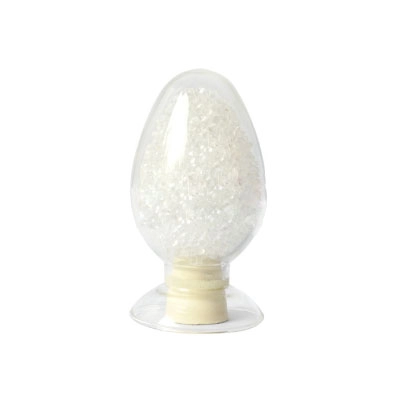What are the advantages of TPE?
2025-04-28
TPE (Thermoplastic Elastomer) offers several important advantages, which make it a popular choice across industries:

- Flexibility and Softness: TPE behaves like rubber — it can stretch, compress, and bend easily — offering comfort and flexibility in products like grips, seals, and wearables.
- Easy to Process: It can be molded, extruded, and even 3D-printed like traditional plastics, which makes manufacturing faster and more cost-effective.
- Recyclable: Unlike traditional rubber, TPE can be melted and re-shaped, allowing for recycling and reducing material waste.
- Good Weather Resistance: Many TPE grades resist UV light, ozone, and temperature changes, making them suitable for outdoor use.
- Chemical Resistance: TPE can withstand contact with oils, greases, and various chemicals, which is important for automotive, medical, and industrial applications.
- Lightweight: TPE is typically lighter than rubber while offering similar performance, helping reduce overall product weight.
- Customizable Hardness: Manufacturers can easily adjust the softness or hardness (called “durometer”) of TPE to meet different application needs.
- Skin-Friendly Options: Certain types of TPE are non-toxic, latex-free, and safe for direct skin contact, ideal for medical devices and personal care products.
Because of these advantages, TPE is used in a wide range of industries, from automotive and medical to consumer electronics and sports equipment.
Would you like me to also list the few limitations of TPE to give you a complete picture? 📚


